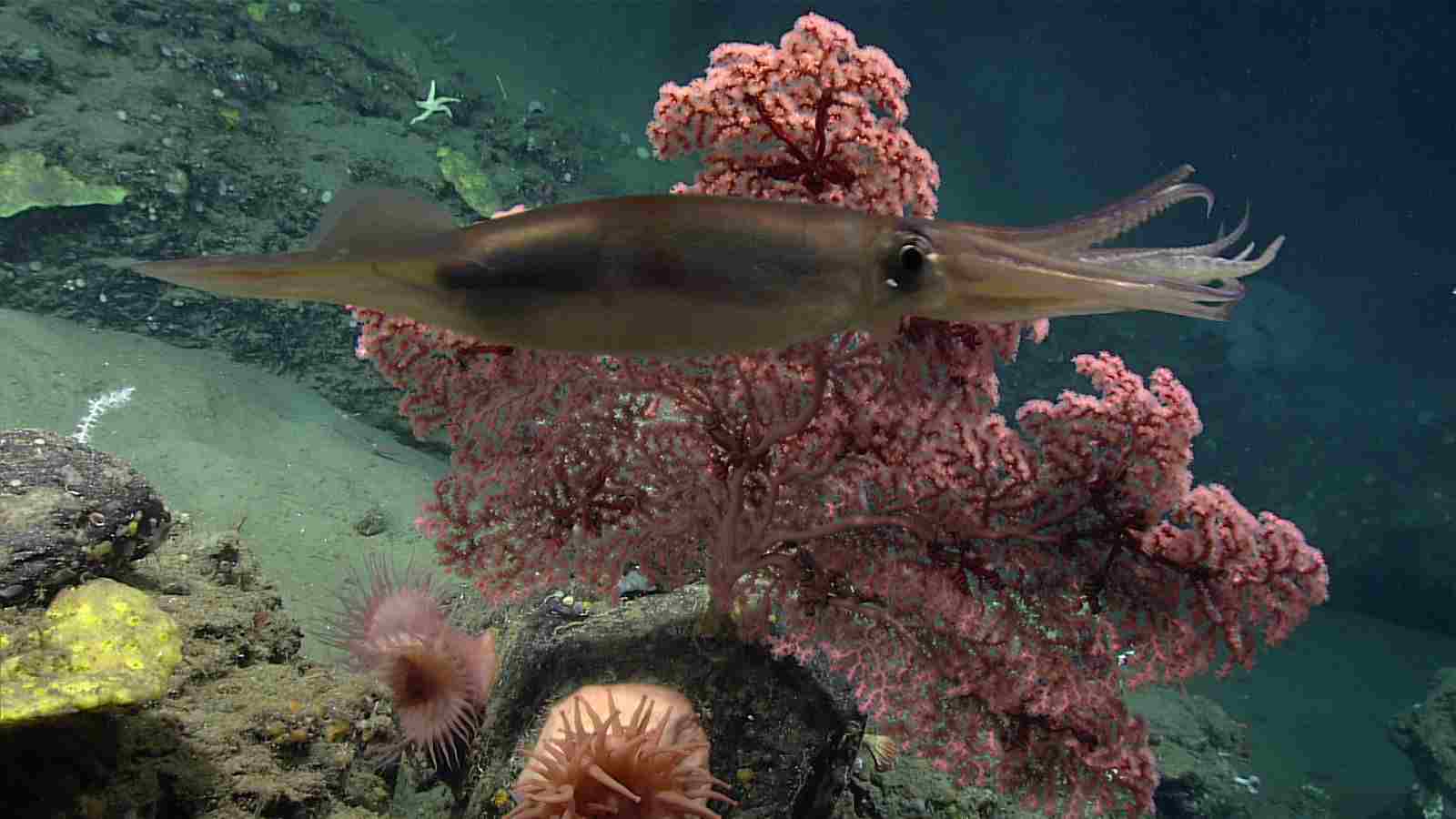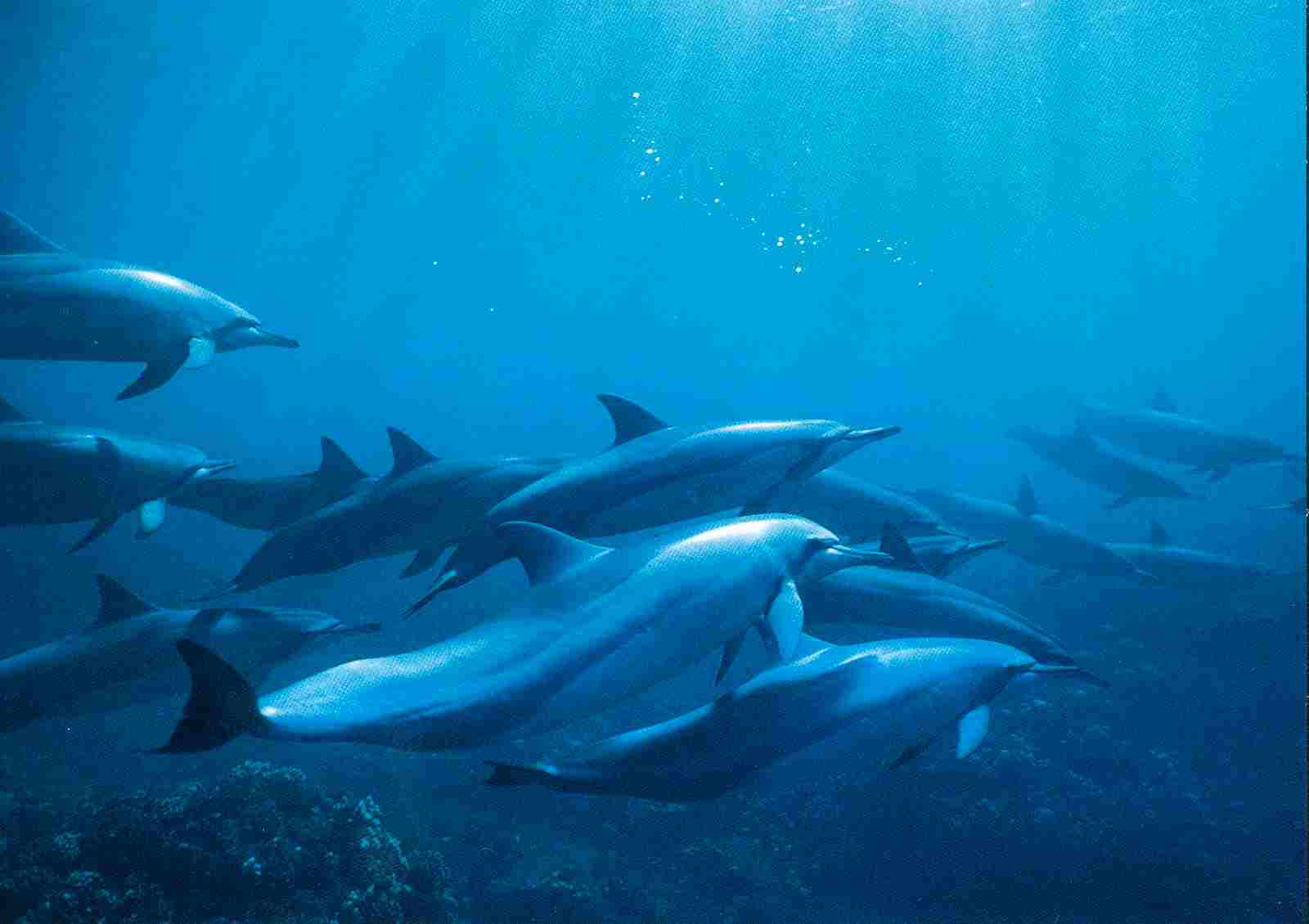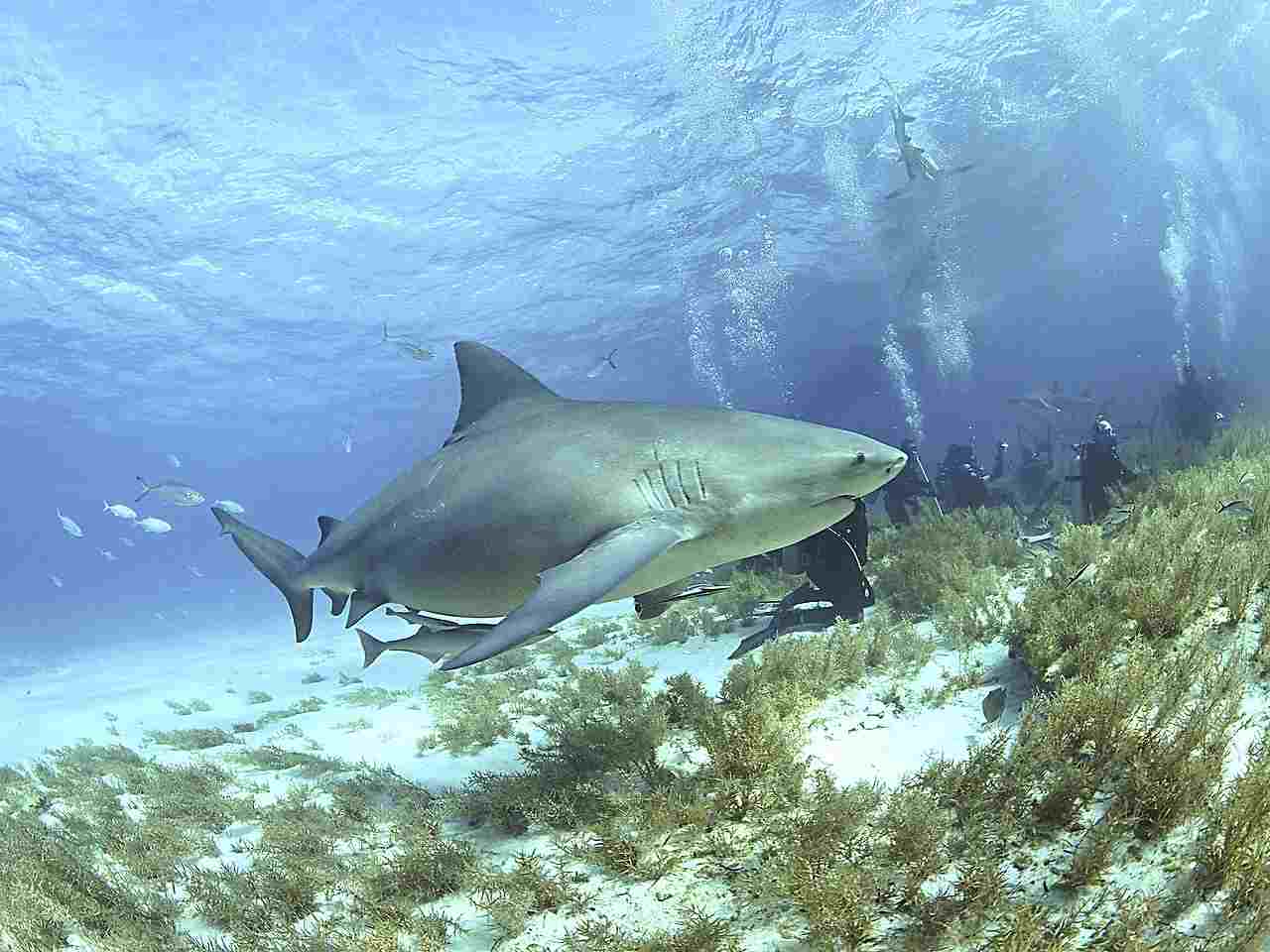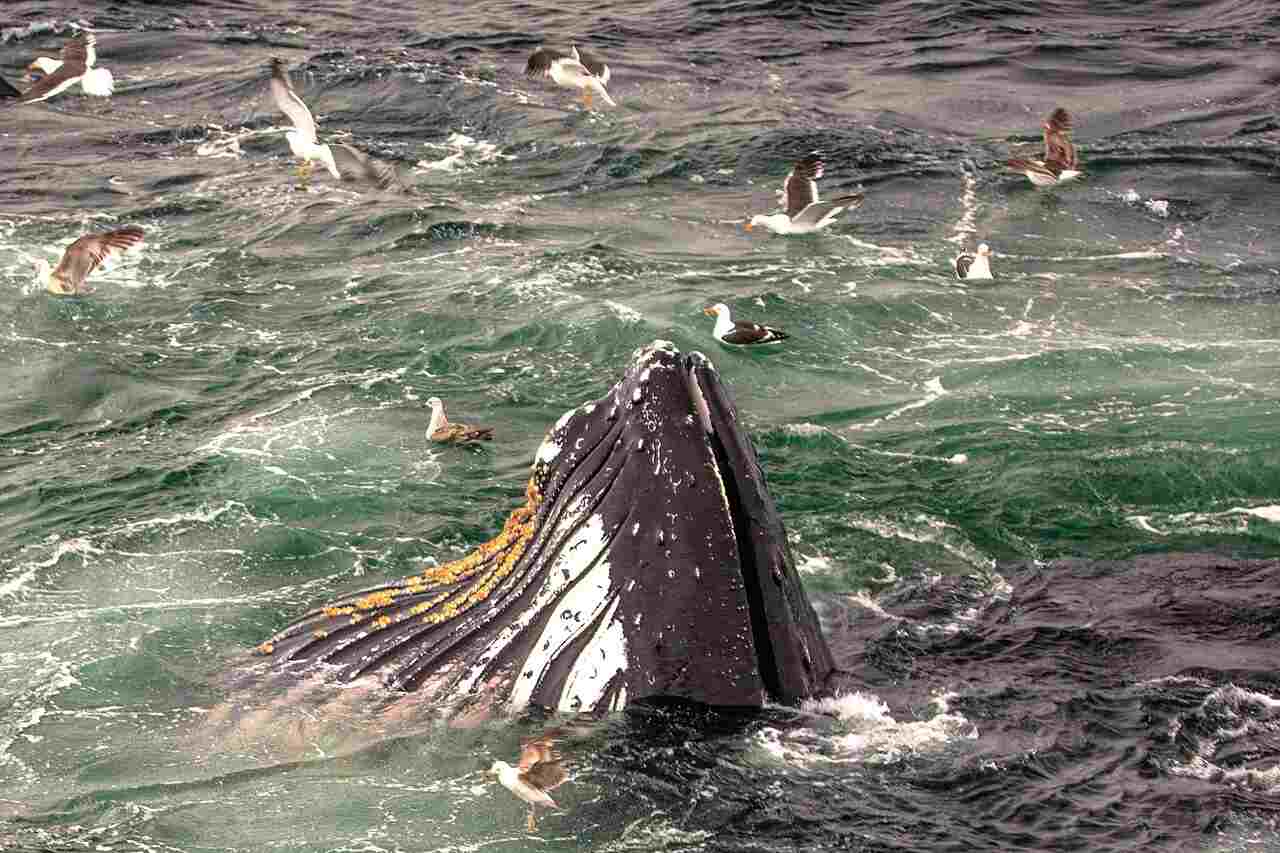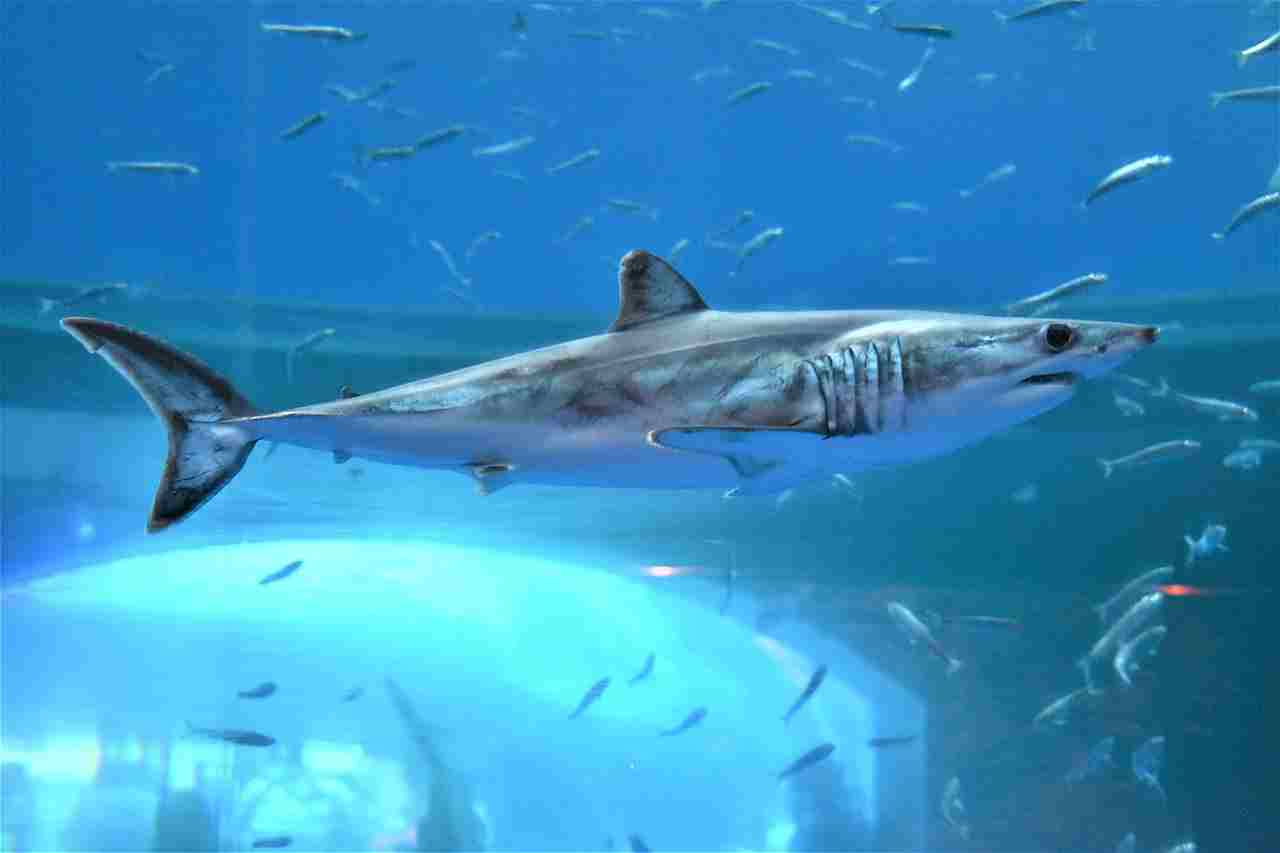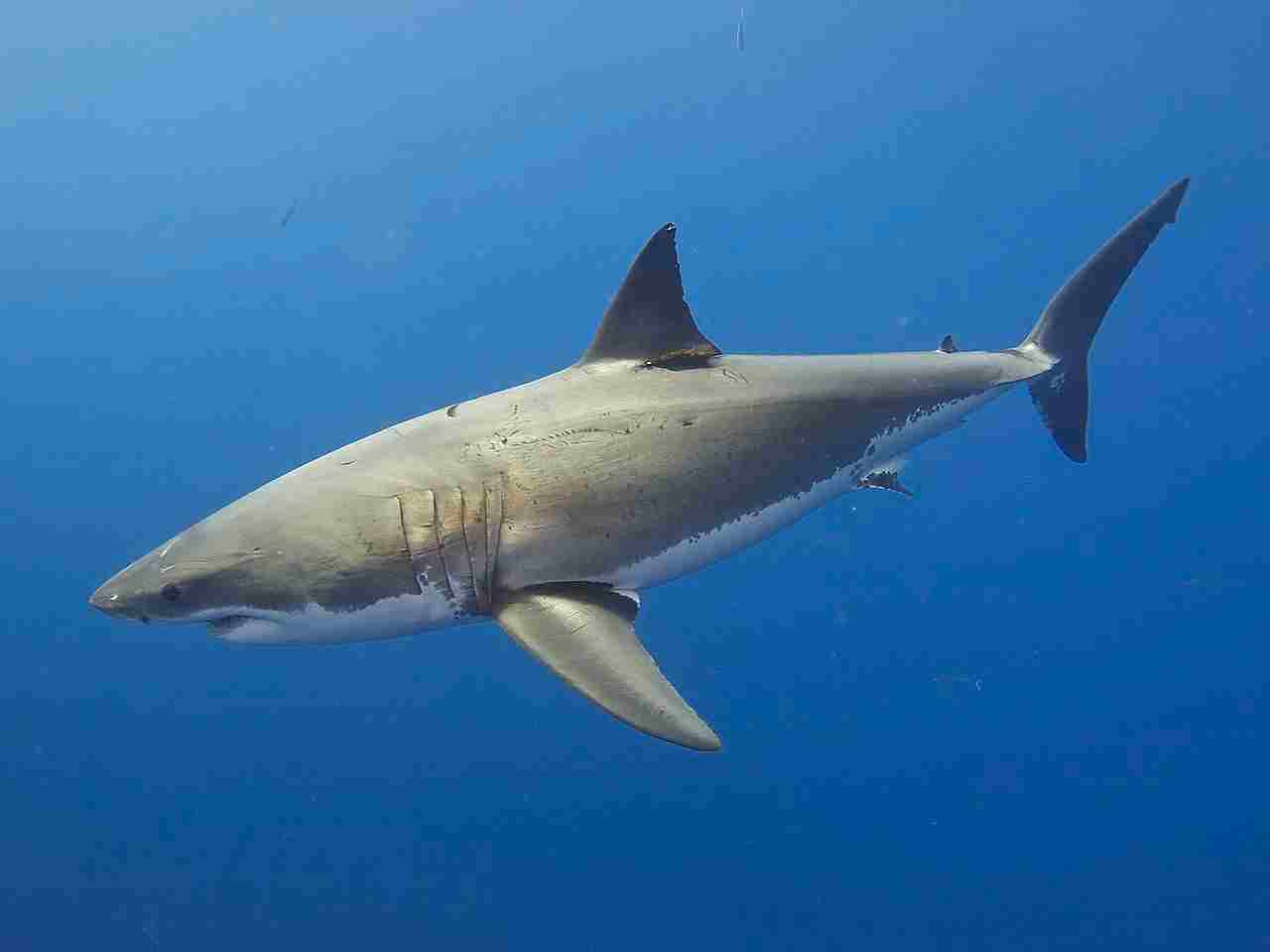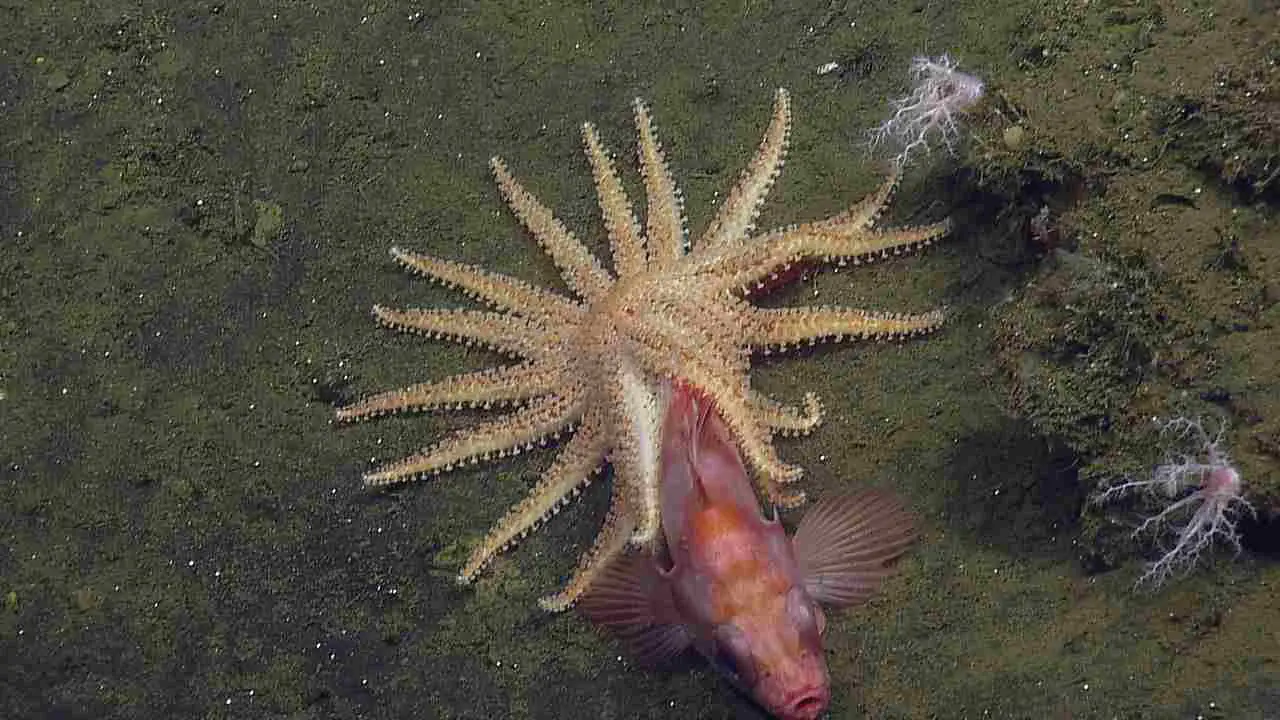What Are Apex Predators In The Ocean? An Overview
Apex Predators In The Ocean can be defined as species at the top of the food chain with no natural predators, playing key roles in ecosystem balance by regulating prey populations. They include the great white shark, which is the most common apex predator in the ocean, and the killer whale, known for its intelligence and group hunting tactics. While other species like dolphins and sea lions are effective hunters, they have natural predators and do not fit the apex predator criteria.
What Defines An Apex Predator?
An apex predator is a species at the top of the food chain within its ecosystem. These predators have no natural enemies and are typically the ultimate predators in their respective environments. They maintain ecosystem balance by controlling the population of prey species and competing predators, thereby contributing to biodiversity and healthy ecosystems. Here are the key characteristics that define an apex predator:
1. No Natural Predators
An apex predator is the ultimate hunter in its environment. This lack of natural enemies allows it to prey on a variety of species without fear of being preyed upon itself. This trait is a primary distinguishing feature of apex predators.
2. Ecological Role
Apex predators play a crucial role in maintaining the health and stability of ecosystems. They regulate the populations of prey species, preventing overpopulation, which can lead to ecosystem imbalance and degradation. They also often control the populations of other predators, keeping the ecosystem’s hierarchical structure intact.
3. Hunting Prowess
Apex predators typically possess advanced hunting skills, whether through sheer strength, speed, stealth, or intelligence. Their physical attributes and behaviors are finely tuned to capture and subdue prey, and they often employ complex hunting strategies.
4. Territorial Behavior
Many apex predators exhibit territorial behavior, which helps maintain balance by regulating the distribution and interaction of various species within the ecosystem. This territoriality can involve marking areas, defending against intruders, or other mechanisms that ensure a stable environment.
5. Diverse Diet
Apex predators usually have a diverse diet, which allows them to adapt to changes in their environment. This versatility in feeding behavior provides stability to the ecosystem, as they can switch prey based on availability.
6. Impact on Biodiversity
By controlling the population of various species, apex predators indirectly support biodiversity. Their presence ensures that no single species dominates the ecosystem, allowing a variety of organisms to thrive.
These characteristics combine to define apex predators as key components of their ecosystems, with a wide-ranging impact on the health, structure, and sustainability of their environments.
What Is The Most Common Apex Predator In The Ocean?
In the vast and diverse ecosystems of the ocean, numerous apex predators play pivotal roles in maintaining ecological balance. However, the most common and widely recognized apex predator in the ocean is the great white shark (Carcharodon carcharias).
The great white shark embodies the characteristics of an apex predator through its role in marine ecosystems, predation capabilities, and impact on other species. Here’s why it’s considered the most common apex predator in the ocean:
1. Global Presence
Great white sharks are found in oceans worldwide, from coastal regions to deep open waters. They inhabit both temperate and tropical zones, giving them a broad range of influence in the marine environment.
2. No Natural Predators
Adult great white sharks have no natural predators, placing them at the top of the food chain. They are the dominant predators in their habitat, preying on a variety of marine organisms.
3. Versatile Diet
Great white sharks have a diverse diet, including fish, seals, sea lions, dolphins, and even smaller sharks. This adaptability allows them to thrive in various oceanic environments.
4. Role in Ecosystem Regulation
Great white sharks help control the populations of marine mammals and other sharks, maintaining a balance within their ecosystems. By regulating prey species, they indirectly support biodiversity and prevent overpopulation.
5. Unique Adaptations
Great white sharks possess specialized adaptations that make them formidable hunters. These include a keen sense of smell, exceptional speed, and robust body structure. Their powerful jaws and sharp teeth enable them to capture and consume large prey.
In summary, the great white shark’s wide distribution, lack of natural predators, versatile diet, and ecosystem-regulating role make it the most common apex predator in the ocean.
Are Dolphins Apex Predators?
Dolphins are intelligent and social marine mammals, known for their complex behaviors and interactions within their pods. Although dolphins are effective hunters and play important roles in marine ecosystems, they are generally not considered apex predators. Here’s why:
1. Natural Predators
Dolphins have natural predators, including larger shark species such as great white sharks, tiger sharks, and bull sharks. This vulnerability to predation means they do not meet the criterion of having no natural predators, which is a key characteristic of apex predators.
2. Ecological Roles
While dolphins are highly adaptable hunters and can prey on a variety of marine species, their role in the food chain is more intermediate. Dolphins help control fish and squid populations, but they do not exhibit the same level of top-down control as apex predators like sharks or orcas.
3. Complex Social Structure
Dolphins’ complex social behaviors contribute to their hunting success, allowing them to coordinate and use sophisticated tactics to capture prey. However, their interactions with other species, particularly larger predators, indicate they are not at the very top of the food chain.
Despite not being apex predators, dolphins play an essential role in their ecosystems, promoting balance and contributing to biodiversity. They can be considered top-level predators, but the presence of natural enemies prevents them from being classified as apex predators.
Is Sea Lion An Apex Predator?
Sea lions are highly adaptable and social marine mammals that occupy a crucial niche in coastal ecosystems. While they are skilled hunters and play important roles in their habitats, they are not considered apex predators. Let’s explore why sea lions are not classified as apex predators and examine their ecological roles.
1. Natural Predators
Sea lions have several natural predators, with the primary threats coming from larger marine predators like orcas (killer whales) and certain shark species. This presence of natural enemies disqualifies them from being apex predators, as apex predators are typically at the top of the food chain without threats from other species.
2. Diet and Hunting Skills
Sea lions are opportunistic hunters with a varied diet, primarily consisting of fish and squid. They are agile swimmers and use their agility to catch prey in coastal and pelagic environments. Although they are skilled hunters, their predation patterns and ability to be preyed upon by larger predators distinguish them from apex predators.
3. Role in Ecosystem
Sea lions contribute to maintaining the balance of their ecosystems by controlling the populations of smaller fish and squid species. They occupy an intermediate position in the food chain, balancing the abundance of their prey species while serving as prey for top-level predators.
4. Social Structure and Behavior
Sea lions exhibit complex social structures, often forming large colonies with distinct hierarchies. This social behavior helps them find food, protect their young, and evade predators. However, it also highlights their position in the food chain, where larger predators can exploit sea lion colonies for food.
Thus, while sea lions are effective and intelligent hunters, they do not meet the defining characteristics of apex predators. Their role in the food chain is significant but does not place them at the top.
Deadliest Ocean Predators
The ocean is home to some of the deadliest predators on the planet, each with unique adaptations that make them formidable hunters. These predators often have specialized skills, physical attributes, or strategies that allow them to dominate their environments. Here are some of the deadliest ocean predators and what makes them so lethal.
1. Great White Shark
As one of the most iconic and feared ocean predators, the great white shark is known for its powerful jaws, sharp teeth, and keen senses. It can detect the scent of blood from miles away, and its speed and agility make it a highly effective hunter.
2. Killer Whale (Orca)
Orcas are apex predators that hunt in groups, known as pods, using sophisticated hunting strategies and teamwork. They are known to prey on various marine life, including seals, sea lions, dolphins, and even great white sharks. Their intelligence and strength make them some of the deadliest predators in the ocean.
3. Tiger Shark
Tiger sharks are large, aggressive predators with a diverse diet, including fish, sea turtles, and even marine mammals. Their powerful jaws and ability to consume almost anything make them formidable hunters.
4. Bull Shark
Bull sharks are notorious for their aggressive behavior and ability to adapt to freshwater environments. They are found in coastal regions and rivers, making them a threat in multiple environments. Their aggression and adaptability contribute to their deadly reputation.
5. Giant Squid
Giant squids are elusive deep-sea predators with long tentacles equipped with powerful suckers and hooks. While they rarely interact with humans, their size and predatory skills make them one of the deadliest predators in the deep ocean.
These predators represent the extreme end of the oceanic food chain, with unique adaptations and skills that allow them to maintain their position as top hunters. Their roles in the ecosystem are crucial for maintaining balance and ensuring biodiversity.
| Topic | Details |
| What Defines An Apex Predator? |
An apex predator is at the top of the food chain, with no natural predators. They play key roles in maintaining ecosystem balance by regulating prey populations. Traits include no natural predators, an important ecological role, advanced hunting skills, territorial behavior, and a diverse diet.
|
| Most Common Apex Predator in the Ocean |
The great white shark is the most common apex predator in the ocean. It has a global presence, no natural predators, a versatile diet, and a crucial role in maintaining oceanic ecosystems.
|
| Are Dolphins Apex Predators? |
Dolphins are effective hunters with complex social structures, but they are not apex predators because they have natural predators like larger sharks. They play important roles in ecosystems but are considered intermediate in the food chain.
|
| Is Sea Lion An Apex Predator? |
Sea lions are not apex predators due to the presence of natural predators like orcas and certain sharks. They are effective hunters and play significant roles in controlling fish and squid populations but occupy a lower position in the food chain.
|
| Deadliest Ocean Predators |
The deadliest ocean predators include the great white shark, killer whale (orca), tiger shark, bull shark, and giant squid. These predators have unique adaptations that make them formidable hunters, from powerful jaws and sharp teeth to teamwork and high intelligence.
|
